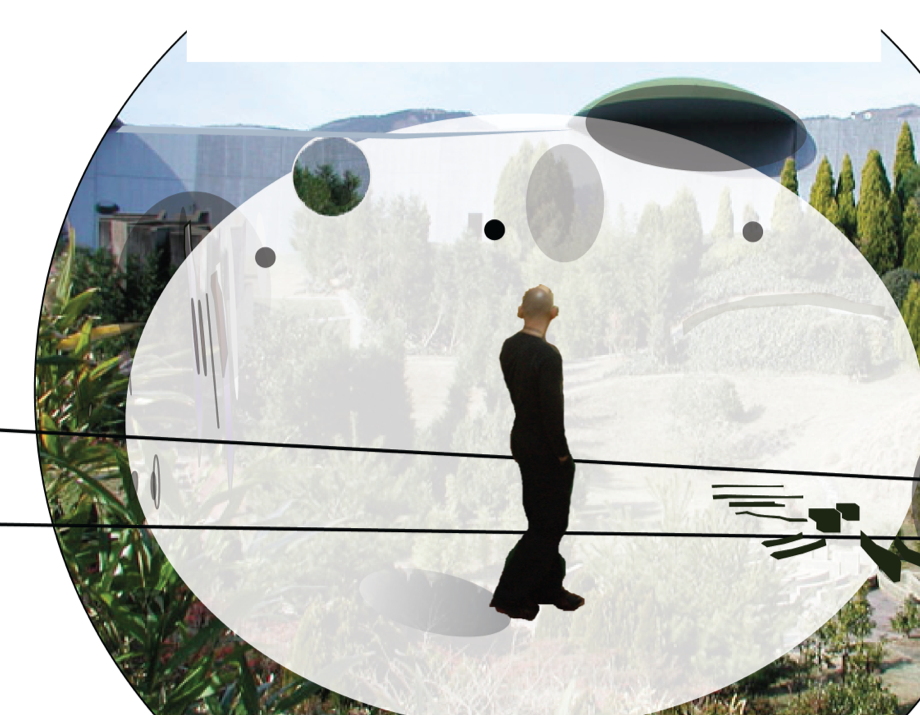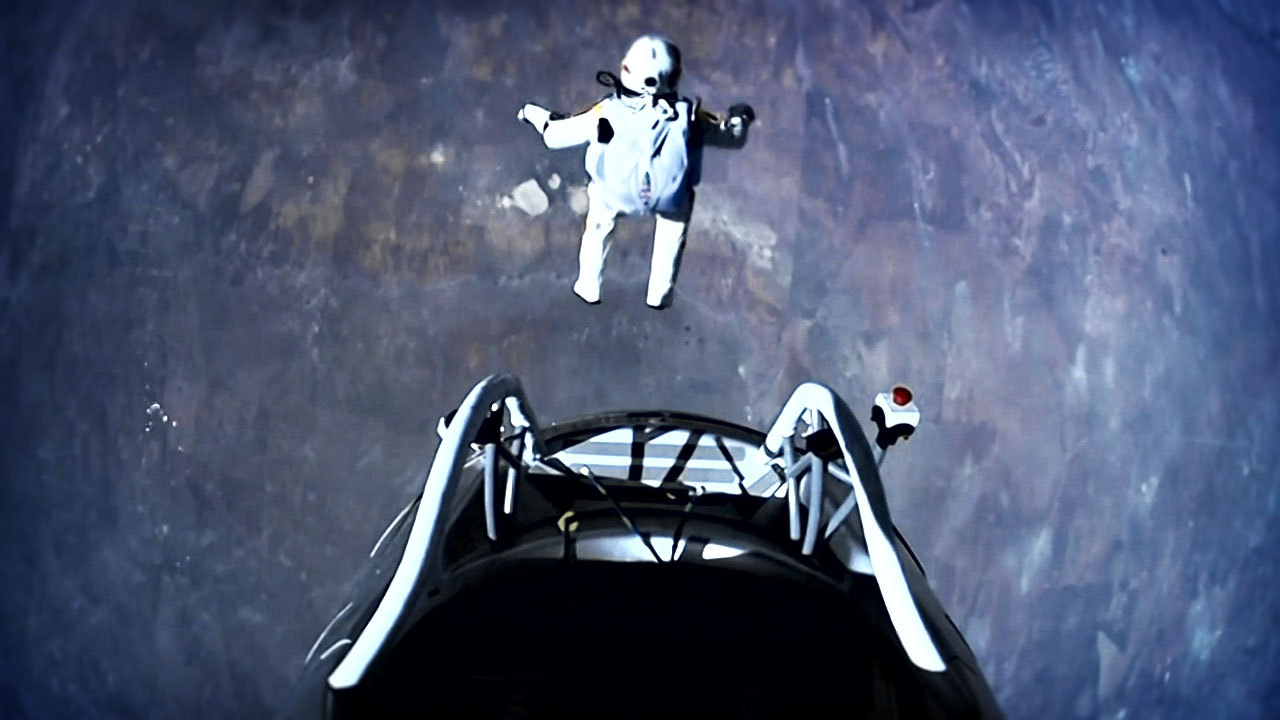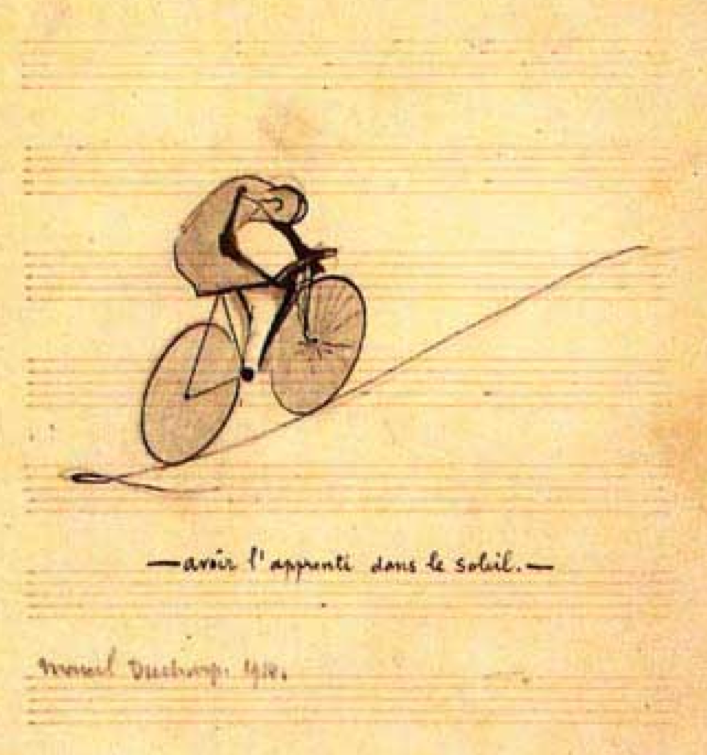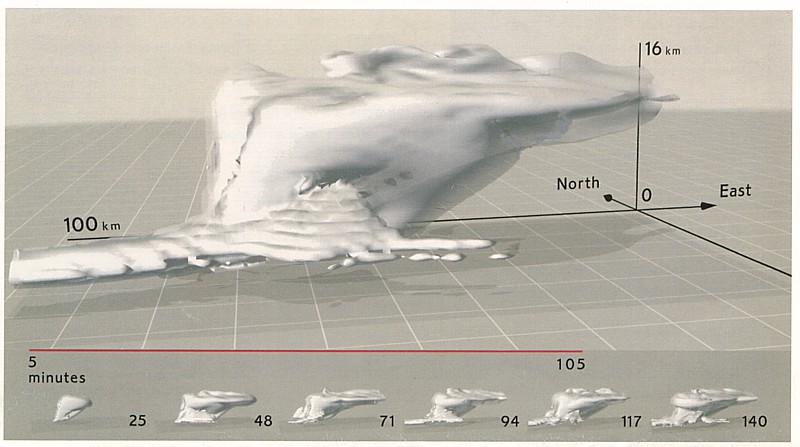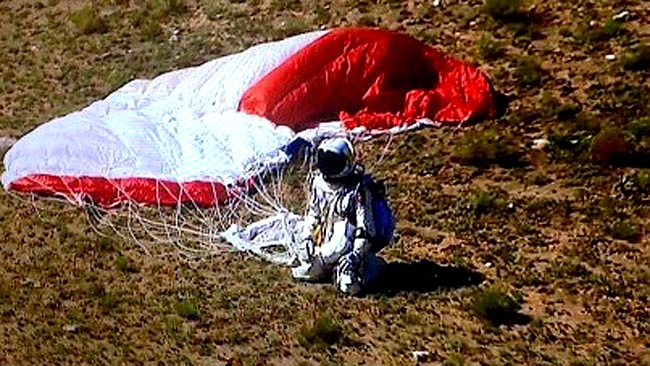Instructor: Alan Prohm
___________________
COURSE DESCRIPTION:
Phenomenology for architecture-related artists
In this workshop we will go to the basics of being a conscious being. Art starts here, like everything else, and artists become such by doing so.
We will examine the basics of perception, on which all art and design practice are based. But we will go below form, shape and color, and get down to the fundamentals of landing itself. Landing is the word we will use for approaching the phenomena of consciousness, and what we can make of them. Landing can be understood as contact between awareness and anything awareness can be of, in whatever sense modality or blend of modalities. The definition of landing involves an articulation distinguishing everything while separating nothing. Certainly a theory of approach is a vehicle for crash safety.
We work in a workshop format and from first hand experience. We will encounter events in the real world, which help us study the micro-phenomena of encounter, and learn a basic phenomenology of encountering anything, and creating the world. The moment by moment registering of awareness and our moment by moment agency in landing. Concrete engagement with various materials, forms and surrounds will help us lay a basis for the practice and/or study of art in many facets.
–
Modes of learning:
Course time will alternate between exercises, lectures on art history, lectures on perception, discussion of readings, independent creative work, and creative work in groups. At the end of the semester we will participate in the final exhibition with an installation based on exercises we have done throughout. Guest artists during the semester will bring in alternate perspectives on the picture we are making ourselves, of how we make pictures, ourselves, and the world, building humans alive in the process of perception-becoming.
—
Stratos Space Dive 2012 by Felix Baumgartner (supporter of far-right austrian presidential candiates) / Red Bull (promoters of heart-strain and adrenaline addiction) / and the BBC (they have their own story)
On the importance of landing:
“As we take, in fact, a general view
of the wonderful stream of our consciousness . . .
Like a bird’s flight, it seems
to be made of an alternation
of flights and (landings, ed.).”
William James, Principles of Pyschology, 1890
–
WE DISSECT THE PHENOMENOLOGY OF TIME CONSCIOUSNESS TO GET MORE OUT OF IT
–
–
Texts:
William James, on “The Stream of Consciousness”
Alain Berthoz – Body’s Sense of Movement, Ch. Building Coherence
Gins and Arakawa – The Architectural Body, Ch. 2. Landing Sites
Brian Massumi – The Politics of Affect, Ch2. Of Microperception and Micropolitics
Now Reading:
1 – “Landing Sites” from Architectural Body by Madeline Gins and Arakawa.
“Landing Sites”, the concept I presented at our last session, can serve us in better/further/more finely articulating what we know about perception and experience. Perception and experience are the base of all art and architecture. Knowing how to articulate perception and experience is knowing how to build for experience and perception, or write poetry for experience and perception, or dance, or shape law. In the concrete science of thinking how bodies inhabit space and how space should build to host that inhabiting, “landing sites” provide very helpful handles on the first-hand infinite of what goes on as being we, either I or us.
As with the chapter by Berthoz on “Building Coherence”, there is a basic “technical” system being described here.
It comes down to the terminology: landing site – perceptual landing site – imaging landing site – dimensionalizing landing site.
2 – “Landing and Recovery” Chapter 8 from the FAA Balloon Flight Manual
https://www.faa.gov/regulations_policies/handbooks_manuals/aircraft/media/FAA-H-8083-11.pdf
We will discuss the basic elements of the landing site concept together in class on Friday, along with your work from last week.
_____________________________
Draw your best metaphor for mind
Build it
Phenomenological Mountainbiking
Capsule Design
Event analysis
Assignment: Draw your metaphor for mind. Elaborate 7-10 details for each side of the metaphor, showing how they are parallel.
((Danke für die Arbeiten. Wenn ihr noch keine eingereicht haben, oder wenn die Liste der Parallelaspekten noch fehlt, dann bitte diese Woche per Email schicken.))
((Unten habt ein eine Antwort von mir auf die Frage des Metaphor for Mind))
Excursion: 2-Wheel Flight Training, Wolfsburg; with a visit to Phaeno.
First Flight Training Excursion – Friday 06.11 in Wolfsburg 10-15h – Meet in front of the Wolfsburg railway station at 10am
Bring (or rent) a bike and money for the train, Phaeno (8€) and lunch.
The aim of the course is to develop PILOT CONSCIOUSNESS – we will start with BIKING
A science of how we go forward
without falling
un-conscious
_______________________
DE-AUTOMATIC PILOT
& UN-REMOTE CONTROL
_______________________
Assignment: Have an experience!
(The”What just happened?” exercise, biking in Wolfsburg)
Taking lived experience as our starting point, we will apply various techniques for narrating, analysing, explaining or for entering, steering, and landing within the lived experience. Story-telling, mapping, diagramming, sketching, building, performing, are all media we can use to capture the moment that will not stop, and observe what we can of our ways of seeing and sensing. Our goal is to find out how the world gets there, and why it takes the shapes it takes.
Assignment: Report every detail.
Produce a representation of your experience, including as much detail as possible. The representation should be constructed (graphically, verbally, and/or otherwise) on the following 4 dimensions:
Map (Grundriss/Vogelperspektive des Ortes des Geschehens)
Timeline (Zeitstrahl)
Experience – (Die Breite des Erlebnisses/der Erfahrung)
Experience – (Die Höhe und Tiefe des Erlebnisses/der Erfahrung)
The representation can be in any material or format possible, but please bring an A4 version to class next Friday.
One thought on mind:
The mind is a space for thinking things apart in.
Gedankentrigger:
These two diagrams from Edward Tufte’s book Visualizing Information:
Thought task: think of examples from art, movies, literature, life, where someone tries to describe/remember/record/report everything that happened around a certain moment in time.
–
What will be on the test:
Basics of Perception-Consciousness
Phenomenological Situation
Visual Perception
Kinaesthetic Graphicality
Sensory Integration
World-Constituting
Architectural Body
Bioscleave
–
–
Final assignment: Land More Alive

